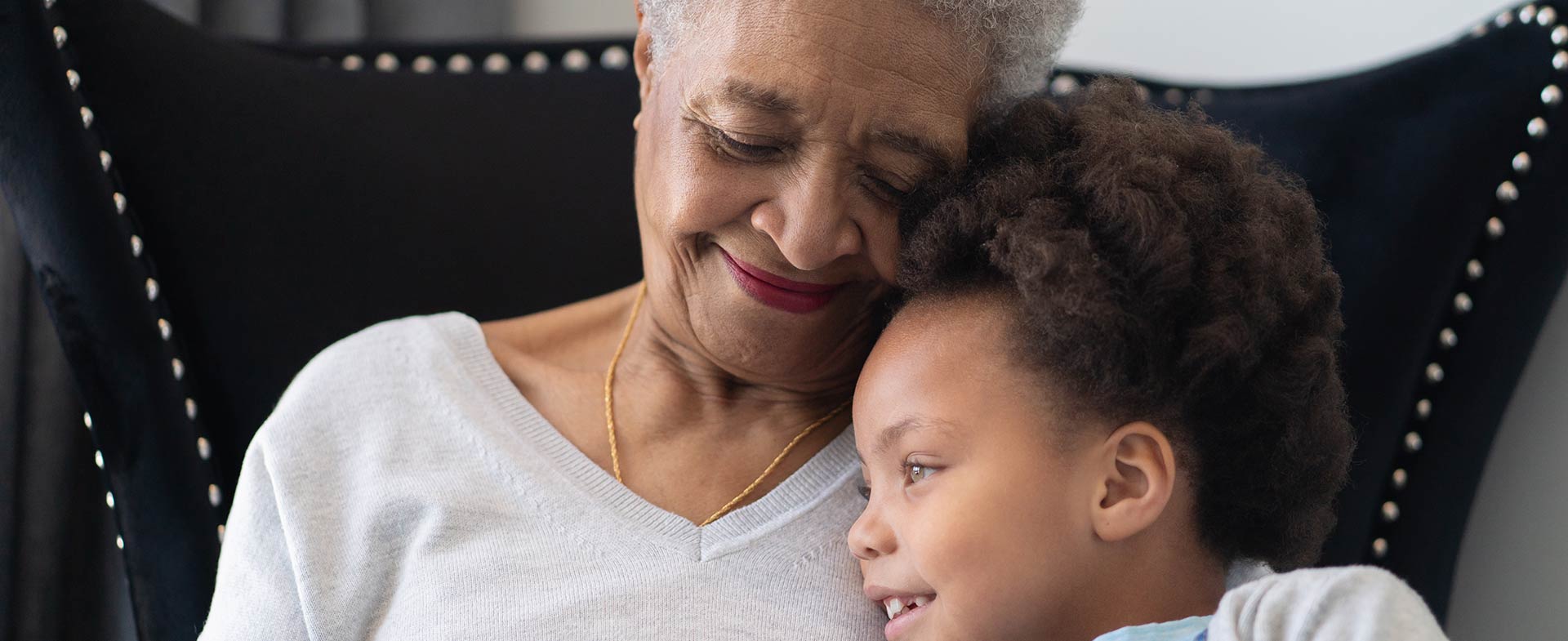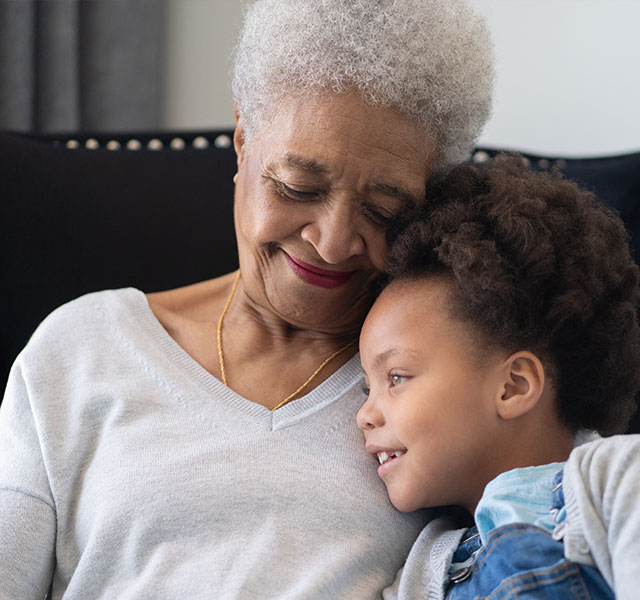Recent data shows there are more than 18 million cancer survivors in the United States—and that number is expected to rise. Ongoing research has given way to more effective, targeted therapies, which has led to a steady increase in survivors. There’s also a greater awareness surrounding cancer, allowing people to be screened earlier and to catch certain cancers at more treatable stages.
Thanks to this growing number of survivors, the definition of survivorship is changing, too.
“Being a cancer survivor is not the same experience for everyone,” says Tiffany Fields, N.P., a nurse practitioner at the Henry Ford Cancer Survivorship Clinic. “As every person’s cancer story is different, the point at which they consider themselves survivors varies as well. Some people feel like they’re survivors the day they’re diagnosed because that’s when they start fighting. Some people call themselves survivors after having surgery to remove a tumor or completing chemotherapy. And for some people, being a survivor means managing it like a chronic condition. More people are living longer and thriving. But that doesn’t mean it’s not a difficult diagnosis to grapple with, regardless of the type of cancer you have.”
Life After Cancer: An Ongoing Journey
No matter where you are in your cancer journey, cancer can feel like a lifelong condition. “Any diagnosis of cancer is life altering,” Fields says. “It doesn’t just stop after you’ve had surgery and you’re clear. Even after that, you continue to have screenings for years, check-ins with your care team, labs, imaging or mammograms. Cancer can take a toll on your mental health. Routine exams can bring up a lot of anxiety. Just having the word cancer associated with you is heavy—it comes with a lot of emotions.”
For a large part of someone’s cancer journey, the focus is on getting through treatments and coping with side effects. Once that part is over, survivors have time to process what they endured. They’re thinking about what life will look like afterward and wondering what their new normal will be.
Planning For Survivorship

Henry Ford Cancer Survivorship Clinic
That’s why, after completing active treatment, scheduling a survivorship care visit is important: it bridges the gap between life in treatment and life afterward. At your survivorship care visit, you'll meet with a nurse practitioner (like Fields) who will give you a survivorship plan, as recommended by your oncologist, that follows National Comprehensive Cancer Network (NCCN) guidelines.
“A survivorship care plan is very individualized,” Fields says. “It provides an overview of your diagnosis and treatment; including when you were diagnosed, when your treatment started, what treatment you received—the whole chronological story of exactly what happened. The plan also explains what your follow-up will look like: how often you'll see a provider, what labs or scans you'll need and potential latent side effects from the treatment you received.”
At your survivorship care visit, Fields—who works closely with your oncology team—will also discuss the supportive services that are available to help improve your quality of life: Acupuncture and rehab appointments to ease lingering side effects from cancer treatments, exercise programs to provide individualized fitness assessments and plans, registered dietitians to jumpstart healthy eating habits, and—not least of all—psychologists to help you cope with the mental health effects of cancer.
“Whether you’re cured, you’ll be taking a pill for the rest of your life, or you’re still receiving other treatment, everyone responds and adjusts differently, which is why your relationship with your care team is important,” Fields says. “Having that support system can help with the healing process.”
Reviewed by Tiffany Fields, N.P., a nurse practitioner at the Henry Ford Cancer Survivorship Clinic. She sees patients at Henry Ford - Cancer in Detroit and Henry Ford Medical Center - Columbus.



